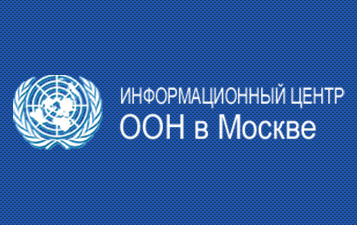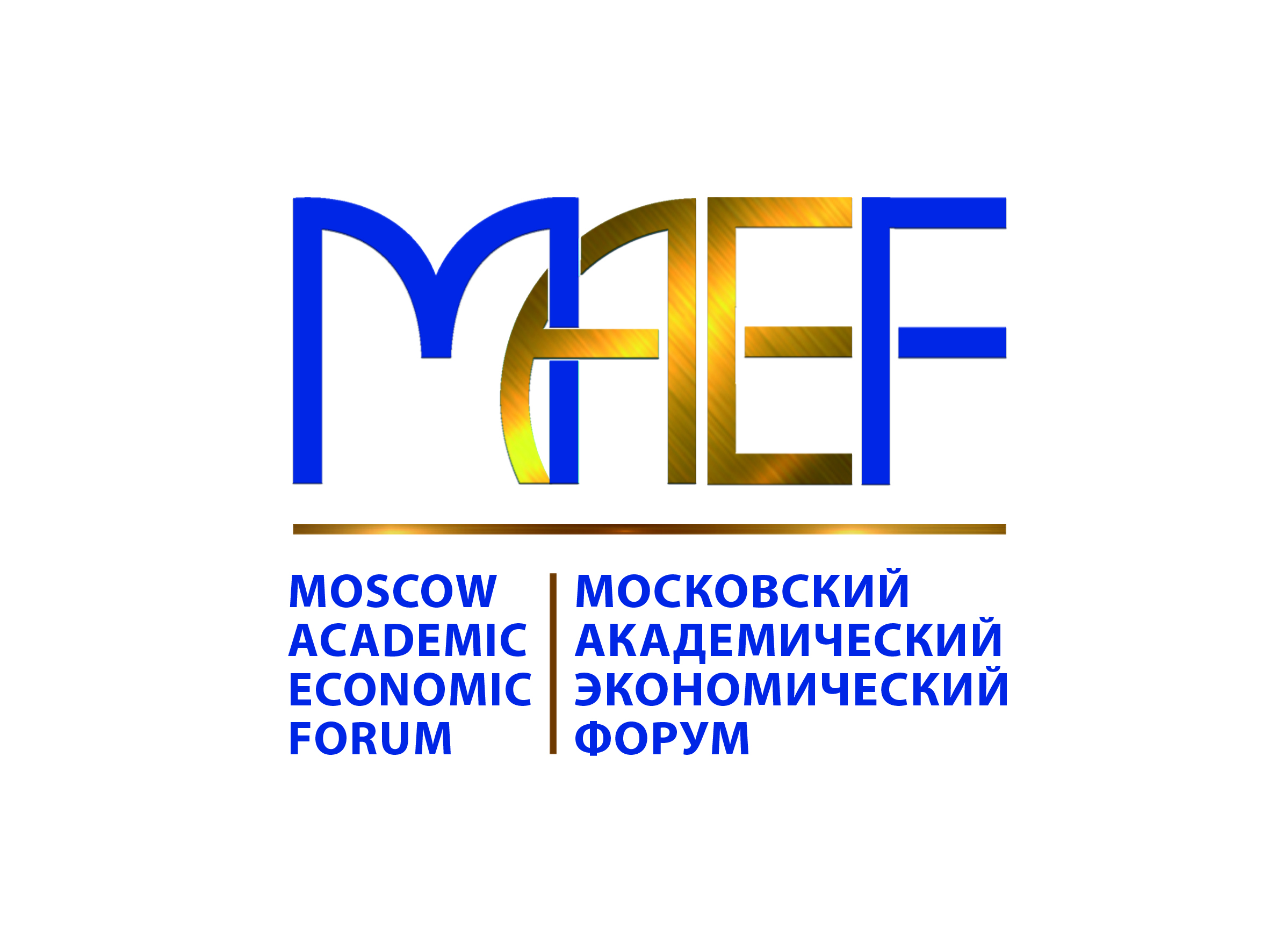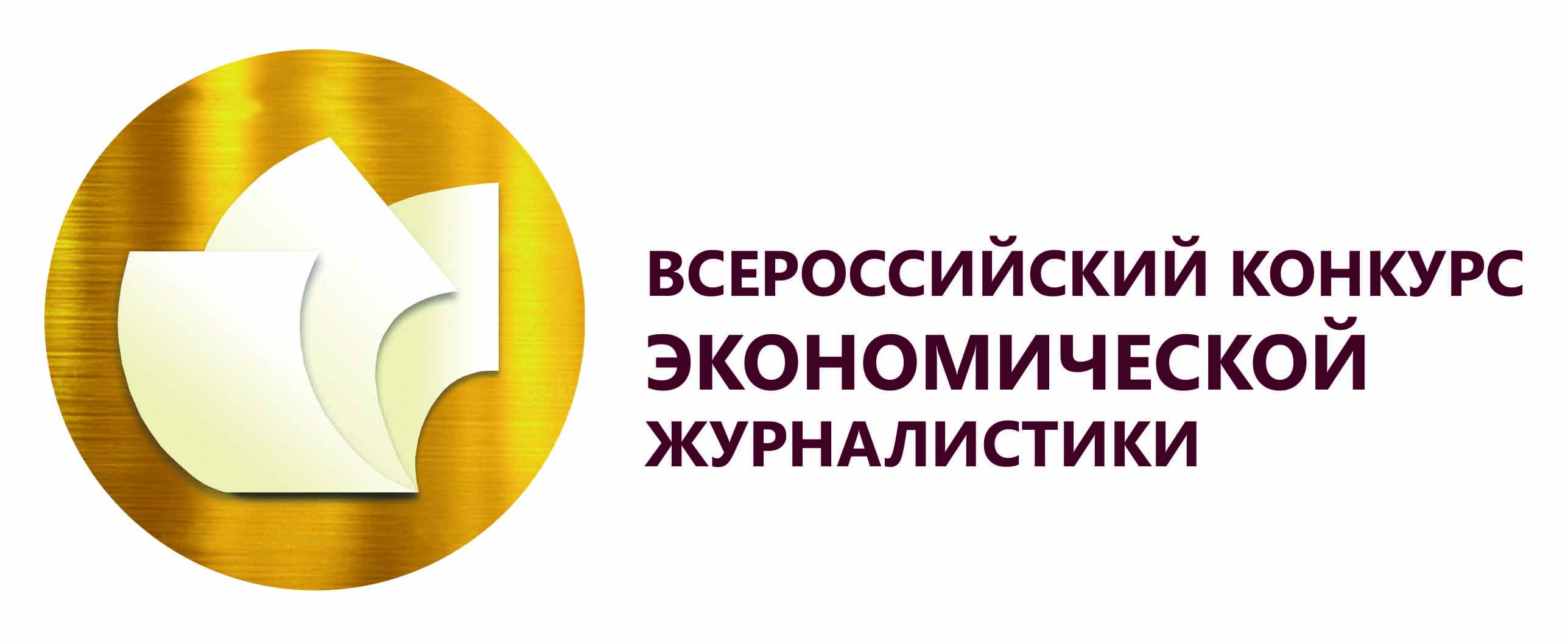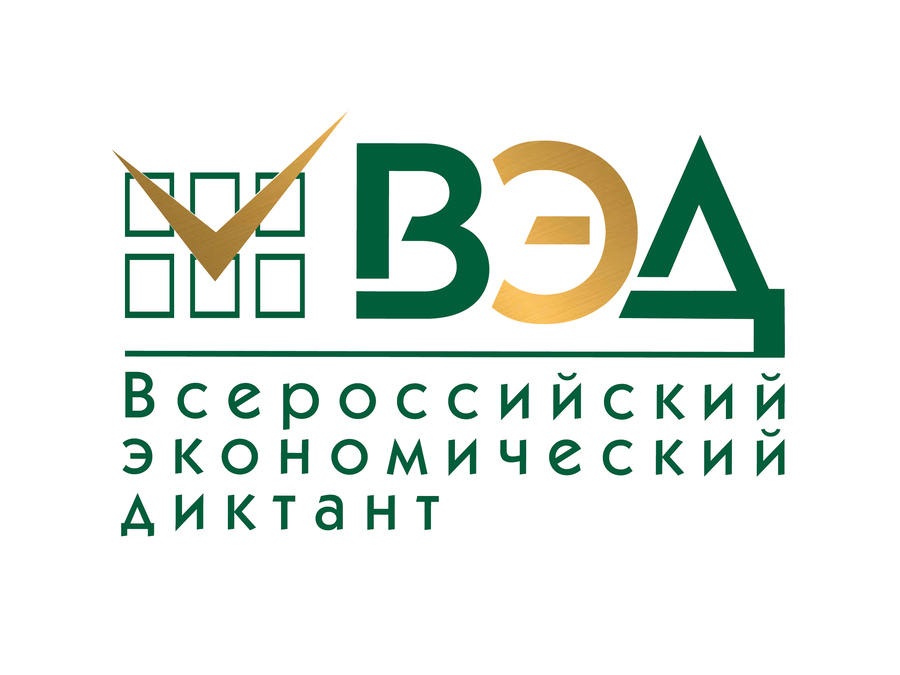Russian Economic Conference held November 11, 2021
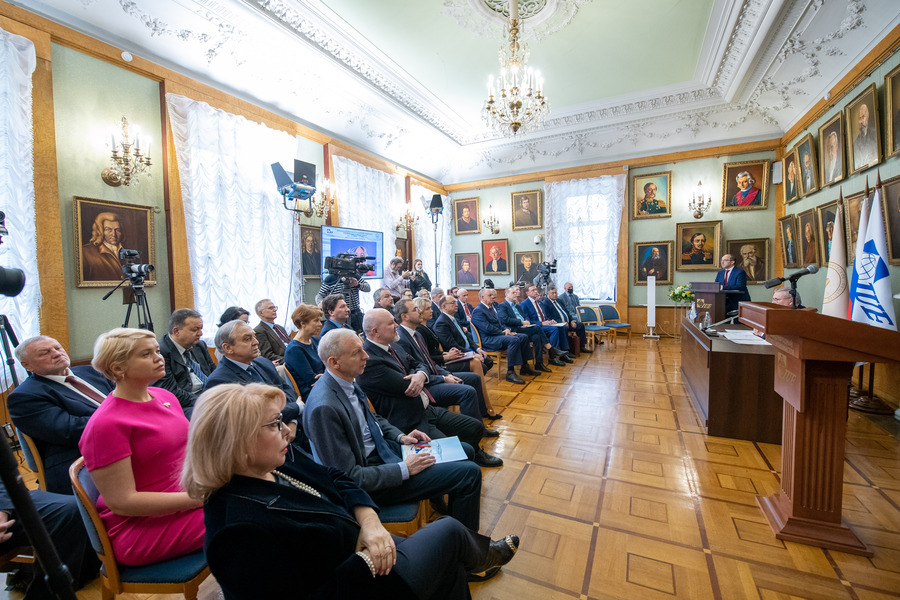
On November 11, 2021 the Russian Economic Conference, dedicated to the 30th anniversary of the International Union of Economists and the international Economist Day decreed by the Government of Russia to be celebrated on the founding date of the Free Economic Society of Russia, was held in a mixed offline and online format.
The event was broadcast from the Fireplace Hall of the Economist House on Tverskaya, where the headquarters of the conference organizers — the Free Economic Society of Russia and the International Union of Economists — are located.
The event was hosted by Andrey Zhurankov, Head of the Analytical Team, TASS Press Center.
Thanks to video links and digital platforms connecting Moscow with Russia’s regions, almost 5,000 professionals and experts from 72 regions of the Russian Federation and 21 countries around the world joined the Conference. Among them were the top leaders of the United Nations, representatives of the committees of the Federation Council of the Federal Assembly of the Russian Federation and the State Duma of the Russian Federation, regional authorities, specialized departments, the Eurasian Economic Commission, the real sector of the economy, the educational community, leading scientists and experts, and public figures.
The International Union of Economists received a greeting from the UN Secretary General, Mr. António Guterres, in connection with the 30th anniversary of the Union.
In her welcoming speech, the UN Deputy Secretary General, Ms. Tatiana Valovaya, congratulated the International Union of Economists on its 30th anniversary, noting that over the years the organization "has achieved dynamic growth and significant global footprint".
“The International Union of Economists has a General Consultative Status with the UN ECOSOC and actively contributed to the UN’s mission. Multilateral cooperation is now acquiring a new look, becoming more integrated and inclusive, therefore dialogue with such authoritative non-governmental organizations as the IUE is very important for the UN," stressed Tatiana Valovaya.
The General Consultative Status with the UN Economic and Social Council was granted to the Union in 1999 and renewed in 2021. Today, only 142 international non-governmental organizations in the world hold this status. Over the three past decades, the Union has brought together economists, scientists and practitioners, statespersons and public figures, national and regional unions and associations of economists from 48 countries of the world.
Minister of Foreign Affairs of Russia, Mr. Sergey Lavrov, stressed that the Ministry of Foreign Affairs of Russia appreciates the active work of the Union, contributing to the advancement of international scientific cooperation.
“Over the past decades, the IUE has accumulated a solid experience in understanding the structural changes taking place in the global economy. Under its umbrella, highly professional research, educational, and consulting units function effectively. The Union's expert contribution to the work of the UN ECOSOC is highly appreciated," mentioned Sergey Lavrov in his greeting.
The welcome speech from the Minister of Foreign Affairs at the opening of the Conference was read out by the Director of the Department of Economic Cooperation of the Ministry of Foreign Affairs of Russia, Mr. Dmitry Birichevsky.
The Russian Economic Conference on the 30th anniversary of the International Union of Economists and the international Economist Day also received greetings from the President of the Russian Academy of Sciences, Mr. Alexander Sergeyev, Head of Rossotrudnichestvo, Mr. Evgeny Primakov, Director of the UNIDO Center for International Industrial Cooperation in the Russian Federation, Mr. Sergey Korotkov, Chair of the Federation Council Committee of the Federal Assembly of the Russian Federation on Economic Policy, Mr. Andrey Kutepov, Chair of the Federation Council Committee of the Federal Assembly of the Russian Federation on Budget and Financial Markets, Mr. Anatoly Artamonov, Chair of the Russian Historical Society, Mr. Sergey Naryshkin, President of the Russian Union of Industrialists and Entrepreneurs, Mr. Alexander Shokhin, Commissioner for Entrepreneurs’ Rights at the President of the Russian Federation, Mr. Boris Titov, Chair of the State Duma Committee of the Federal Assembly of the Russian Federation for Industry and Trade, Mr. Vladimir Gutenev, Chair of the State Duma Committee on Affairs of the Commonwealth of Independent States, Eurasian Integration and Relations with Compatriots, Mr. Leonid Kalashnikov, Director of the UN Information Center in Moscow, Mr. Vladimir Kuznetsov, Chair of the State Duma Committee of the Federal Assembly of the Russian Federation for Small and Medium Businesses, Mr. Alexander Demin, Chair of the State Duma Committee of the Federal Assembly of the Russian Federation for the Development of the Far East and the Arctic, Mr. Nikolay Kharitonov, Head of the Federal State Statistics Service, Mr. Pavel Malkov, Vice President of the Chamber of Commerce and Industry of the Russian Federation, Mr. Maxim Fateyev, Chair of the Federation of Independent Trade Unions of Russia, Mr. Mikhail Shmakov, First Deputy Chair of the State Duma Committee on Science and Higher Education, Mr. Oleg Smolin, Chair of the Board of the Eurasian Economic Commission, Mr. Mikhail Myasnikovich, Deputy Head of the Control Directorate of the President of the Russian Federation, Mr. Marina Seliverstova, First Deputy Chair of the Federation Council Committee of the Federal Assembly of the Russian Federation on Agrarian and Food Policy and Environmental Management, Mr. Sergey Mitin, and many others.
All greetings are available on the Conference’s website.
Mr. Boris Porfiriev, Presidium Member at the VEO of Russia, Director for Research at the Institute of Economic Forecasting, Russian Academy of Sciences, read out the greetings sent by the President of the Russian Academy of Sciences, Mr. Alexander Sergeyev.
He noted the special contribution by the International Union of Economists to promoting social and economic progress both in Russia and globally, to the achievement of sustainable development goals, to the development of public diplomacy.
“It appears that scientific cooperation is of key importance for reaching agreements on global issues. It is no secret that many political decisions are preceded by a thorough scientific study of issues that have an international dimension and require a broad expert discussion. This is, in fact, one of the activity fields of the International Union of Economists,” stressed the RAS President.
Deputy Minister of Economic Development of Russia, Ms. Polina Kryuchkova, noted in a video message to the participants and organizers of the Conference that the Ministry of Economic Development and Trade is grateful for the expert support and is ready to jointly search for validated, target measures to promote economic growth.
“In the new reality, the whole world faces new challenges. Who will quickly address the consequences of the pandemic and take advantage of the opportunities created during the crisis? This largely depends on the contribution by independent communities and unions of economists, your readiness to propose concrete solutions to global problems: modernization of the manufacturing industry, the climate agenda, entry into new markets", emphasized Ms. Polina Kryuchkova.
First Deputy Chair of the Federation Council Committee of the Federal Assembly of the Russian Federation on Budget and Financial Markets, Mr. Sergey Ryabukhin, congratulated the participants on the international Economist Day and expressed his confidence that the economic community "can support the efforts that the President and the Government of Russia are making as part of the programs of the nation’s social and economic development."
Deputy Chair of the State Duma Committee of the Federal Assembly of the Russian Federation for Science and Higher Education, Ms. Ekaterina Kharchenko, noted the significant role that the VEO of Russia and the IUE play in socioeconomic processes, and also thanked for their contribution to the consolidation of the efforts by the executive and legislative authorities, public institutions, business, science and education communities to address the challenges facing the country.
"Joining our efforts in this area is the guarantee of the successful development of this country", believes Ms. Ekaterina Kharchenko.
Chair of the Federation of Independent Trade Unions of Russia and Presidium member of the VEO of Russia, Mr. Mikhail Shmakov, and Commissioner for Entrepreneurs’ Rights at the President of the Russian Federation, Mr. Boris Titov, also addressed the participants and organizers of the Conference.
This year's Conference was titled “Future Challenges: Individuals and Society — Towards Sustainable Socio-Economic Development.”
Keynote speech was made by the President of the VEO of Russia, President of the IUE, Mr. Sergey Bodrunov.
He emphasized that "a new model of the economy in Russia, inscribed in the system of long-term planning and built around an individual, her needs, her well-being, education, health, active longevity, should become a reality in the near future."
The implementation of this model, according to Mr. Bodrunov, is impossible without improving the spending efficiency and therefore without "strategizing and long-term planning, which provides a qualitatively new vision necessary for the formation of economic policy and the implementation of national goals."
“We have a law on strategic planning, passed seven years ago, but there is no backbone document for its implementation, there is no central element of the planning system. Such a backbone document of strategic planning both for the system of national projects and for state programs could be a unified plan to achieve national goals,” believes the President of the VEO of Russia.
According to the scientist, in order to move from recovery to sustainable growth, to form an attractive model, in which the economy could move towards the implementation of sustainable development goals and, in the future, move to a new model of society, it is necessary to increase social spending.
Among the main goals of the nation’s long-term development, Sergei Bodrunov also named the formation of a middle class.
“This task requires a prompt solution. Without the middle class, it will be difficult to talk about socialization, solidarity, and similar processes, without which no joint action is possible. It is important to remember that the source of Russia's wealth is not its vast reserves of natural resources. Almost half of all Russia's wealth is associated with its human capital - the accumulated experience, knowledge, and skills of Russians", noted the President of the VEO of Russia.
At the Russian Economic Conference, by tradition, the winners of the Russian highest national public economic awards Economist of the Year 2021 and Economics Publication of the Year 2021, established by the Free Economic Society of Russia and the International Union of Economists, were announced.
This year, 145 candidates from across the country were nominated for the Economist of the Year award. Candidates were nominated by scientific and expert centers, institutes of the Russian Academy of Sciences, businesses and NGOs, leading universities of the country.
Chair of the Economist of the Year Jury, Presidium Member of the VEO of Russia, Chair of the Russian Association for International Cooperation, Mr. Sergey Kalashnikov, congratulated the nominees and the laureate.
President of the Ural Chamber of Commerce and Industry, Mr. Andrey Besedin, was awarded the Economist of the Year 2021 prize for a special contribution to the development and implementation in the region of a system of additional support for small and medium-sized businesses in a pandemic, as well as for the development of foreign trade cooperation and building international relations using new forms and for active work aimed at attraction of investments to the Ural region.
“In fact, it was not easy to meet the expectations of the business, but I think we have succeeded in at least something. The result of our work, among other things, is evidenced by the gratitude from businesses and today's nomination. We promptly informed businesses, especially at the beginning of the pandemic, about how to resume operations, what support tools were available. No one has gone through this before, and in the first weeks we received up to 2500 calls. This was our legal support when a business was faced with the impossibility of fulfilling its obligations. In the Urals alone, this saved hundreds of businesses. This is a serious, systematic work with executive authorities to develop, refine and improve tools and business support measures. At such a time, one starts to better understand one’s role,” said Mr. Besedin.
This year was rich in interesting economics publications. 254 editions were nominated for the Economics Publication of the Year award. This is twice as much as last year. 26 titles were on the long list, 19 of those were shortlisted.
Member of the award jury, Board Chair of the Russian Historical Society, Executive Director of the Fatherland History Foundation, Mr. Konstantin Mogilevsky, noted in his welcoming speech that the VEO of Russia and the Russian Historical Society are brought together not only by their centuries-old history, but also by the field they are active in: “History and economics have a lot in common. It is about analyzing the lessons of the past, about identifying trends, and, of course, in both history and in economics, accuracy is important — for the sake of the future. I am glad that both historical and economic books are being published, and some of them, as we saw in the shortlist of the award, are difficult to classify — are they historical or economic? Where is this line? It's good that sometimes it is blurred."
The following publications were awarded with special prizes: "Waste Management in Modern Russia" by a team of authors, edited by Anatoly Shevchuk (nomination Economic Practices: Experience, Ideas, Prospects); “Inventions that Changed the World. History of Russian Innovators" by a team of authors led by Vladimir Kononov (nomination Economic Education. Popular Economy); “Vladimir Scherbakov. The Death of the Soviet Empire Through the Eyes of the Last Chair of the USSR State Planning Committee of the USSR" by Nikolay Krotov and Vladimir Shcherbakov (nomination Economics: History and the Future); "Management of Sustainable Development in a Large City and Region: Problems and Transformations" by a team of authors, edited by Algirdas Manyusis (nomination Economy: Spatial and Sectoral Development).
In the nomination Monographs. Economic Fundamental and Applied Research," the title "Formation of the Digital Economy in Russia: Challenges, Prospects, Risks" by a team of authors, edited by Elena Lenchuk won the award.
“The digital economy is the challenge we face. The word “digitalization” is used so often that sometimes people do not always understand what is behind it? We tried to express our point of view, to show that the digitalization of the economy also leads to positive aspects related to socio-economic development, and at the same time carries certain risks," said the Director of the Institute of Economics at the Russian Academy of Sciences, Ms. Elena Lenchuk.
In the nomination Textbooks and Teaching Aids, two titles won the award — “Lectures on Macroeconomics: a University Textbook” by Alexandra Baranova and “Economics of Sustainable Development” by Sergey Bobylev.
In the nomination Analytical and Popular Science Publications, the title "Encyclopedia of Rare Antique Books on the Finances of the Russian Empire" won the award. Its authors Vladimir Tarankov and Marina Sakharova described 320 rare, antique, including early printed, books on money, finance, taxation, banks and lending, not only in the Russian Empire, but the entire world.
“Marina and I have been collecting old books on economics and finance for many years. Our private libraries contain copies dating from the 16th century,” said Vladimir Tarankov. “These books hold incredible energy. Each author has a personality and it is preserved in their books."
“The young generation, looking at the existing financial institutions, does not know how they formed, and we wanted to show this through books. We have been working towards this for 40 years — one step at a time," added Marina Sakharova.
A special diploma was awarded to the title “Crystal of Growth. Russian Economic Miracle." Its authors — Alexander Galushka, Artur Niyazmetov, and Maxim Okulov — describe the reasons, mechanisms, models, and specific solutions that became the driving forces behind the rapid economic growth of the Russian economy from 1929 to 1955.
The title was not on the list of publications submitted for this year's Award, as it was published as late as in October this year. According to the appendix to the Rules of the Economics Publication of the Year Award, publications published after the deadline for submission for the current year’s award, but before the award ceremony, can be recommended by the jury and the organizing committee for the next year’s award, as well as awarded with a special diploma in the current year.
The jury and the organizing committee of the Award noted the high relevance of the title “Crystal Growth. Russian Economic Miracle,” and decided to award the special diploma and recommend that the monograph be nominated for the Economics Publication of the Year 2022 award.
Deputy Secretary of the Public Chamber of the Russian Federation, Mr. Alexander Galushka, thanked the VEO of Russia for the popularization of Russian economic thought and economic heritage and for the positive feedback to the publication.
“We tried to address this period from a position of historical height that we have — the actual experience of public administration, which has been formed in recent years, and economic practice. The epigraph of our book is a quote from Jean Jaurès: “Fire should be taken from the past, not ashes.” Turning to the past, we turned to it as a prism through which it is possible and very useful to look into our economic future,” said Mr. Galushka.
On the Economist Day, an exhibition of economic publications was held in the House of the Economist, at which, among other things, all the books from the short-list of the Economics Publication of the Year 2021 award were presented.
The Economist Day was celebrated not only in Moscow. On November 11, large-scale events dedicated to the professional holiday of Russian economists and the 30th anniversary of the International Union of Economists were held across Russia. Yekaterinburg, Tambov, Samara, Vologda, Elista, Yoshkar-Ola, Kyzyl and other regional cities joined the TV studio in the Fireplace Hall of the House of the Economist via a video link.
As part of the Conference, the results of the Russian National Economic Dictation 2021 were announced.
In 2021, economic literacy was tested among the residents of all 85 constituent entities of the Russian Federation, as well as in seven neighboring countries — Mongolia, Belarus, Tajikistan, Kazakhstan, Armenia, Uzbekistan, and in Moldova’s Transnistria. More than 211 thousand people took part in the fifth anniversary Economic Dictation. This is the event’s all-time record.
Regional leaders in organizing the Economic Dictation and involving the public were also announced. They are:
· Financial University under the Government of the Russian Federation
· Ural State Economic University
· Plekhanov Russian University of Economics
· Academy of Employment and Social Relations
· National Nuclear Research University MIFI
· Mordovia Yevsevyev State Pedagogical Institute
· Zlatoust College of Technology and Economics
· Volga State University of Water Transport
· Vyatka State University
· Mariy State University
Following the results of the Economic Dictation, by tradition, statistical and analytical reports were prepared, which, among other things, give an idea of the level of public economic literacy for individual regions of Russia and nationally.
Concluding the work of the Conference, Mr. Sergey Bodrunov once again congratulated all colleagues on the holiday and reminded that the mission of economists is to serve their country and people.
The Russian Economic Conference was widely covered by federal and regional media: Rossiyskaya Gazeta (Russian Economic Conference to Be Held November 11), Rossiyskaya Gazeta (Economist of the Year and Economics Publication of the Year Winners Announced), Russia 24, Russian Public Television, TASS (Russia to Celebrate Day of the Economist November 11), AifUral, Kommersant Ural, and many others.
The materials of the Russian Economic Conference are available on the websites of the VEO of Russia and IUE.




